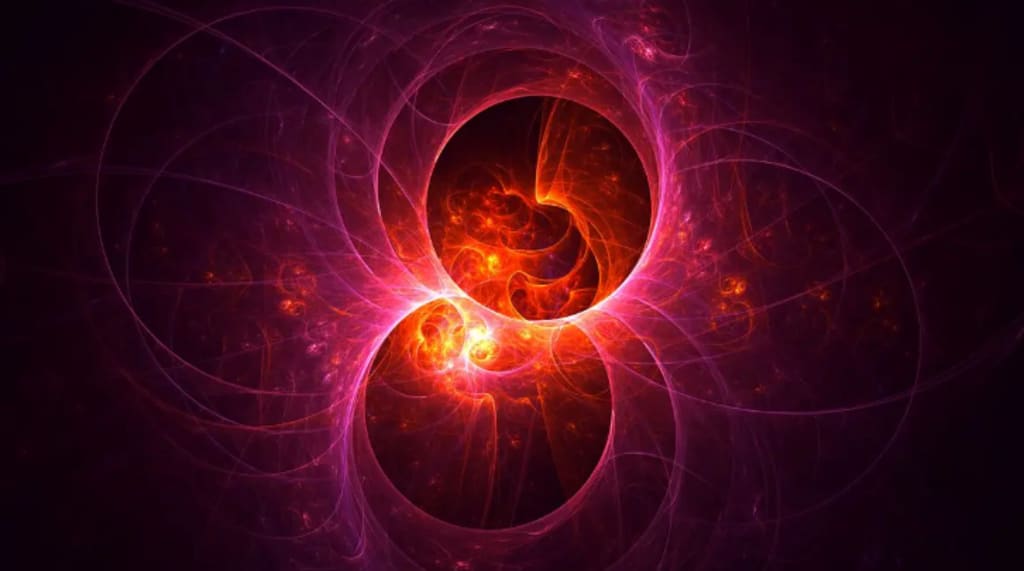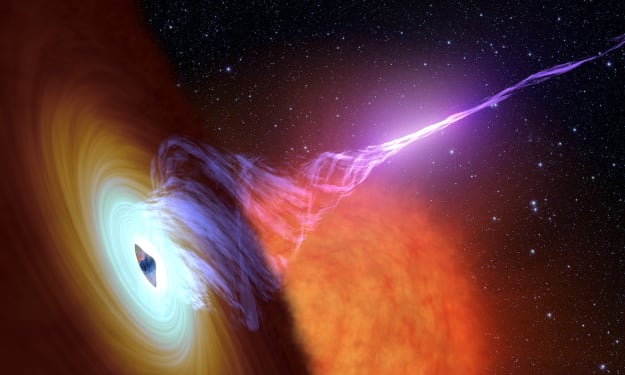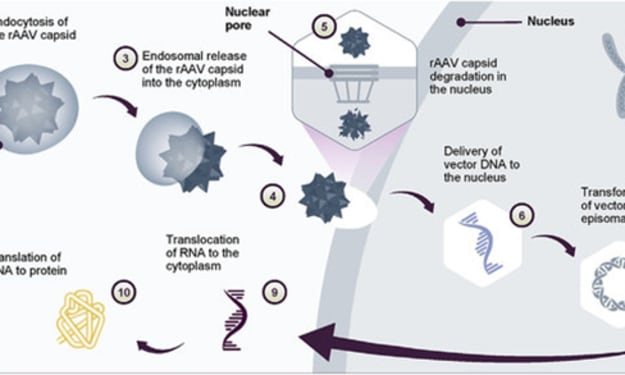The Most Spectacular End To The Universe Is Here: "Vacuum Decay"
The end of the cosmos is the subject of several rumors. People enjoy happy endings, after all. We are aware that the universe has existed for about 14 billion years and that it began with the Big Bang.

However, it is still unclear how the universe will end. Of course, there are speculative possibilities: the universe may keep expanding and cooling until it reaches absolute zero, or it could smash back together in the so-called Big Crunch. The "vacuum decay" theory is one of the alternatives to these two dominant ideas, and it is stunning - in an end-of-everything kind of manner.
The vacuum decay implies that one region of the universe abruptly turns into something different, in contrast to the heat death theory and the Big Crunch, which predict a future time when the universe's expansion would reverse. And the news would be quite awful.
The Higgs field is a field that permeates the whole cosmos. The mass of the particles is caused by the interaction between this field and the particles. The Higgs field may at some time in the future be in a false vacuum as a quantum field is considered to be in its vacuum state if it cannot lose any energy. However, we do not know if that is the case for the Higgs field. The energy might be compared to a mountain. Valleys contain the lowest potential energy, yet when the field down the slopes, it may run into a little valley on the mountain's side and become stranded there.
A valley is a valley according to standard physics. A stable point is one that is stable. But things become a little trickier when it comes to quantum mechanics. Things have the ability to migrate on their own into the lowest energy field. If that were to occur, the Higgs field would shift there and the new, more stable field would spread, altering the fundamental laws of physics and wiping out anything that relies on the known one along its path.
"That may or may not be achievable; we are unsure. In the "How will the universe end?" episode of our podcast, The Big Questions (season 3 coming soon! ), Dr. Katie Mack, the Hawking Chair in Cosmology and Science Communication at the Perimeter Institute, told that the best way to determine that was to understand how the Higgs Field changed in the early universe because we know that it did. Therefore, it is another instance in which attempting to comprehend the beginning may provide insight into the conclusion.
The Higgs boson, the particle connected to the Higgs field, is the subject of increasing amounts of information from particle physics experiments, such as those at the Large Hadron Collider. Not only does a greater understanding of this particle aid particle physics, but it also advances our knowledge of the Big Bang and other end-of-the-universe scenarios.
According to Dr. Mack, whose book The End of Everything is about this, "Vacuum decay is just such a fascinating possibility because it involves something that happens on the quantum level, sub-atomic physics." "Basically, there is a quantum tunneling event, when a particle, in a sense, travels from one location to another, and when that occurs, it sets off a chain reaction that wipes out the universe. It simply strikes me as such a fascinating prospect that a quantum event, which is so minute, hidden, and unexpected, might wipe out the cosmos and all macroscopic objects.
You cannot anticipate or plan for the expansion of this bubble since it would occur practically as quickly as light. You don't need to be concerned that vacuum decay may start abruptly at any moment in, say, Zanesville, Ohio, if that is the correct situation. It won't happen, according to cosmologists, until at least 10^100 years, which is a very, very long period.
About the Creator
Najmoos Sakib
Welcome to my writing sanctuary
I'm an article writer who enjoys telling compelling stories, sharing knowledge, and starting significant dialogues. Join me as we dig into the enormous reaches of human experience and the artistry of words.
Enjoyed the story? Support the Creator.
Subscribe for free to receive all their stories in your feed. You could also pledge your support or give them a one-off tip, letting them know you appreciate their work.






Comments
There are no comments for this story
Be the first to respond and start the conversation.